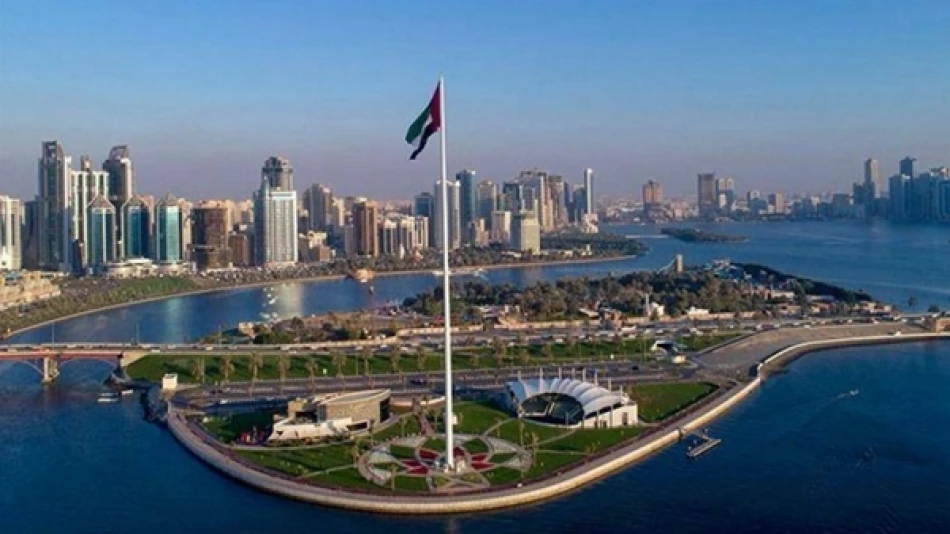
Sharjah Holding's Board Spotlights Operational Activities, Explores Sustainable Growth Strategies
Sharjah Holding Accelerates Sustainable Development Push Through Strategic Partnerships
Sharjah Holding is doubling down on sustainable urban development through its flagship retail and residential projects, leveraging a strategic partnership with Majid Al Futtaim to create innovative business models that could set new benchmarks for Gulf real estate development. The company's focus on human-centric design and environmental sustainability reflects broader regional trends toward diversified, knowledge-based economies.
Strategic Partnership Drives Innovation
During its second board meeting of 2025, Sharjah Holding outlined ambitious plans for its "Matajir" retail chain and the integrated residential project "Al Zahia." The collaboration with Majid Al Futtaim—one of the Middle East's largest retail and entertainment conglomerates—represents more than a typical development partnership. It signals Sharjah's intent to compete directly with Dubai and Abu Dhabi's premium real estate markets while maintaining its distinct cultural identity.
Board Chairman Walid Al Sayegh emphasized that this partnership enables knowledge transfer and operational efficiency improvements, critical factors as regional real estate markets face increased competition and changing consumer preferences post-pandemic.
Human-Centric Development Philosophy
CEO Walid Al Hashemi positioned the company's approach around quality of life improvements, aligning with Sharjah Ruler Sheikh Dr. Sultan bin Muhammad Al Qasimi's vision for sustainable urban development. This philosophy distinguishes Sharjah's development model from the often luxury-focused approaches seen in neighboring emirates.
The emphasis on community needs over pure commercial returns reflects growing investor awareness that sustainable, livable developments generate stronger long-term returns than speculative luxury projects.
Al Zahia: A Regional Sustainability Pioneer
The Al Zahia project represents a significant milestone for regional sustainable development. With approximately 3,700 residential units designed to meet the highest environmental sustainability standards, it has achieved a notable first: becoming the first residential complex in the UAE and broader Middle East to receive the international BREEAM certification for residential communities.
This certification matters beyond environmental credentials. BREEAM-certified developments typically command premium pricing and attract environmentally conscious buyers, a growing demographic across the Gulf. Similar sustainable developments in Singapore and Northern Europe have demonstrated 10-15% price premiums over conventional projects.
Market Implications and Regional Competition
Sharjah Holding's strategic focus comes as Gulf real estate markets show signs of maturation. While Dubai continues to attract international investment through luxury developments, Sharjah's approach targets the substantial middle-class market seeking quality, affordable housing with strong community amenities.
The company's partnership model with established retail operators like Majid Al Futtaim reduces development risk while ensuring proven operational expertise. This approach mirrors successful development strategies in markets like Singapore, where government-linked companies partner with private sector specialists to deliver large-scale urban projects.
Long-term Strategic Positioning
By prioritizing operational efficiency and stakeholder value creation, Sharjah Holding is positioning itself for sustained growth in an increasingly competitive regional market. The company's commitment to environmental sustainability and community-focused development aligns with global investment trends favoring ESG-compliant projects.
For investors and regional governments, Sharjah's model demonstrates that sustainable development can drive economic diversification while maintaining cultural authenticity—a balance that will likely become increasingly important as Gulf states continue their post-oil economic transitions.
Most Viewed News

 Layla Al Mansoori
Layla Al Mansoori






